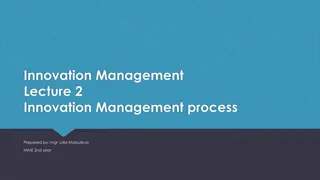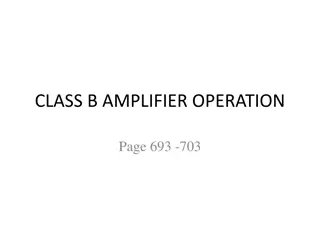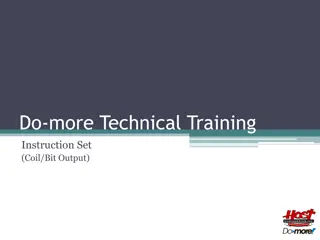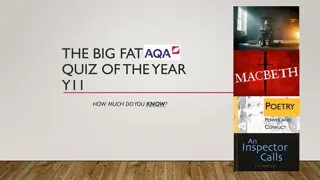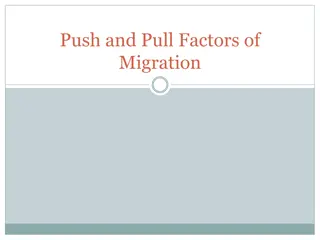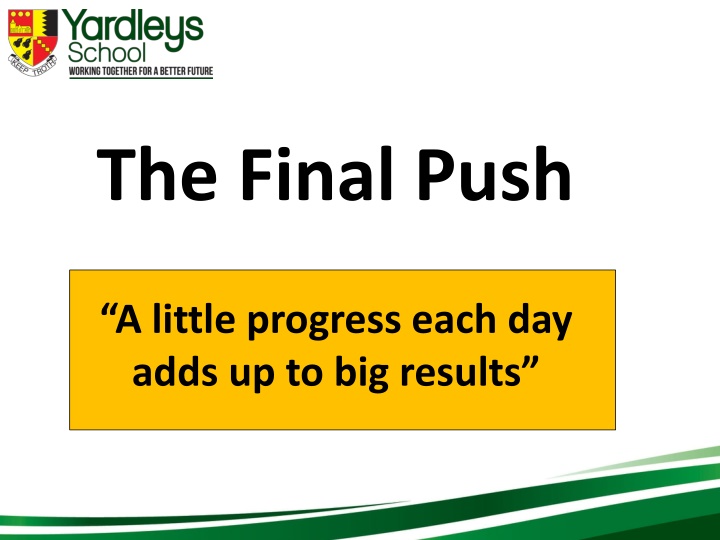
Effective GCSE Exam Revision Strategies and Timetables
Empower your child for GCSE success with practical advice on exam preparation, revision timetables, and study habits. Learn about the countdown to exams, crafting a revision timetable, and supporting your child through this crucial period.
Uploaded on | 0 Views
Download Presentation

Please find below an Image/Link to download the presentation.
The content on the website is provided AS IS for your information and personal use only. It may not be sold, licensed, or shared on other websites without obtaining consent from the author. If you encounter any issues during the download, it is possible that the publisher has removed the file from their server.
You are allowed to download the files provided on this website for personal or commercial use, subject to the condition that they are used lawfully. All files are the property of their respective owners.
The content on the website is provided AS IS for your information and personal use only. It may not be sold, licensed, or shared on other websites without obtaining consent from the author.
E N D
Presentation Transcript
The Final Push A little progress each day adds up to big results
Aims of our session: - How long is left until the GCSE exams? - What should your child be doing in the build up to their exams? - What resources are available to support your child? - How can you support your child with their revision?
GCSE Countdown 43 days until the first exam 20/43 days are in school W/B 25th March Easter Holidays W/B 1st April Easter Holidays W/B 8th April 4 days in school W/B 15th April 5 days in school W/B 22nd April 5 days in school W/B 29th April Exams Start Thursday 2nd May BTEC IT Exam W/B 6th May W/B 13th May W/B 20TH May Half Term
Example Revision Timetable Day Subjects Monday Chemistry & History Tuesday Maths & Physics Wednesday English & Geography Thursday iMedia & Biology Friday None Saturday Maths & History Sunday Geography, Biology & Chemistry
Week: 25th March 10am 11am 12pm Lunch 2pm 3pm 5pm 6pm Monday Tuesday Wednesday Thursday Friday Saturday Sunday
Revision Timetable Have a weekly plan, make it visible for all, and stick to it Preparation is key
When should my child start their revision? Now. Your child will set X exams, testing them on content from over three years. How often should my child be revising? 6 days a week. Yes it s hard work, but revision is about building a regular routine which is key for academic success How long should my child be revising for in one go? Realistically no longer than four 30-minute blocks an evening. Obviously, this would look different at a weekend where there is more time. The important think is breaking down revision into short 30- minute sessions. How can I help support my child with their revision? Make sure revision, where possible, is carried out in a quiet space with no distractions (no mobile phone, tv or listening to music Ask your child questions regards to their revision: What have you covered this evening? Teach me something you ve recapped tonight. Test from using their flashcards or mind map. Make sure they are sticking to their revision timetable, provide encouragement, recognition and rewards!
How do we make knowledge stick? Prepare Retrieve Apply
Part 1) Prepare First, we need to break down the important information to our own words. Making revision material is an important part of revising. When you make your own resource, you are taking large amounts of content from a revision guide or textbook and reducing it down. Part 2) Retrieve This step is about checking your knowledge. Here you need to work out what is sticking in your brain and what you are struggling to remember so that you can go back over it. Part 3) Apply Attempt your questions FROM MEMORY, do not copy from your notes it is important for you to find out what you can remember!
Question Answer
Part 1) Prepare First, we need to break down the important information to our own words. Making revision material is an important part of revising. When you make your own resource, you are taking large amounts of content from a revision guide or textbook and reducing it down. Part 2) Retrieve This step is about checking your knowledge. Here you need to work out what is sticking in your brain and what you are struggling to remember so that you can go back over it. Part 3) Apply Attempt your questions FROM MEMORY, do not copy from your notes it is important for you to find out what you can remember!
Are there any types of revision you wouldn t recommend? Simply reading a revision guide and then doing nothing with this information is proven to not be effective. Revision needs to make us think. See further information on the next page as how best to revise What do I do if my child won t revise? Remind them of the importance of their exams and what their career aspirations are. Our school library is also open every day after school How can I make sure my child isn t getting stressed? Always talk to them, ask them how they are, and stay positive.
How the simple things can make the most difference. 1) Stick to a plan. Effective revision is about organisation, determination and discipline. 2) Make sure they get a good night s sleep, every night, eat a healthy diet, drink plenty of fluids, and also do have time to switch off. 3) Stay positive and support them, every day.
Open: Useful Online Resources Exam Overview Document (Links) Exam Timetable





